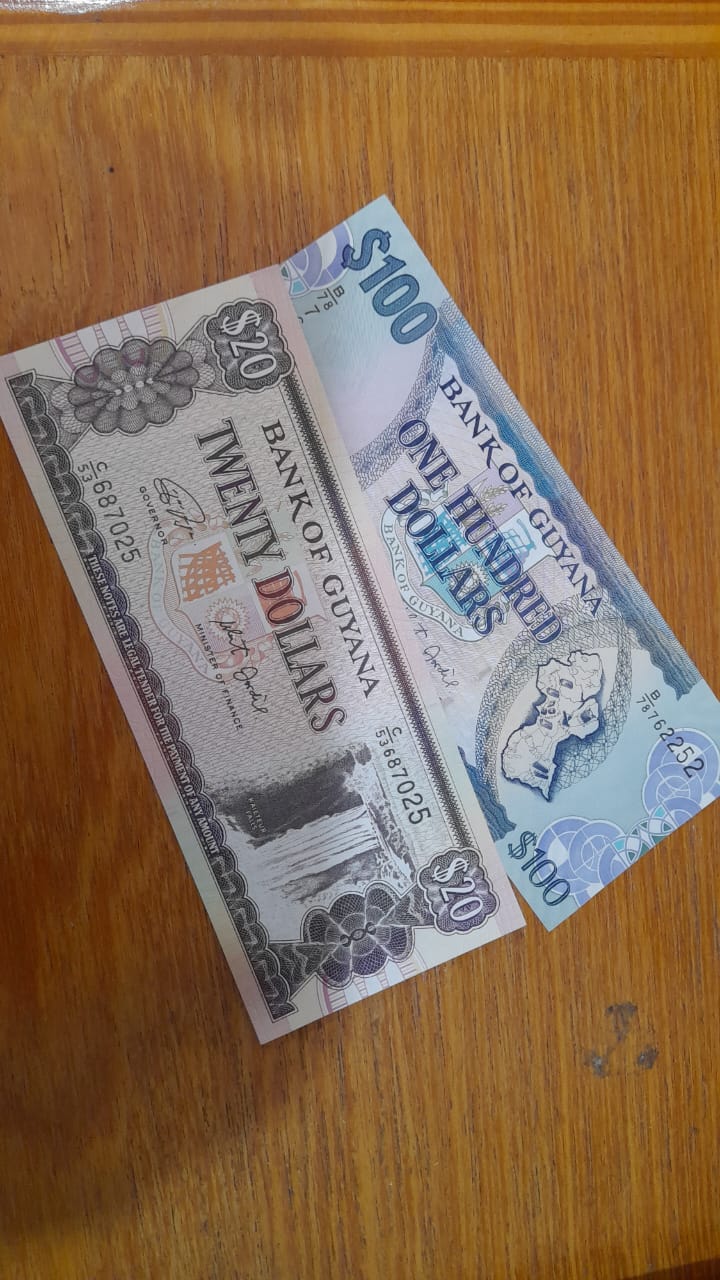TRINIDAD and Tobago does not have a shortage of foreign exchange.
This is according to Trinidad and Tobago High Commissioner to Guyana, Conrad Enill.

Enill, a former energy minister, said on Wednesday, “The way you measure the ability of a country to survive is based on its months of import cover. Based on the data that is available, I have seen Guyana to have 1.4 months of cover and I’ve seen Trinidad (and Tobago) to have moved from 12 months to 8.5 months.”
His comments come after claims made by Guyana Vice-President Bharrat Jagdeo that Trinidad and Tobago had a shortage of foreign exchange currency.
Enill said, “From that perspective, I simply think that the vice-president (of Guyana) would have been told certain things, and he would have simply indicated that this is what he’d been told.”
The talk of Guyanese dollars began on August 14 with a video clip of Prime Minister Dr Rowley comparing the number of votes received by the National Transformation Alliance (NTA) to “Guyanese dollars”.
When converted, TT$100 is approximately just over $3,000 Guyanese dollars.
What was said jokingly was taken seriously by Jagdeo who defended the value of the Guyanese dollar and also said that Trinidadian businesses were using foreign currency in Guyana to pay for their goods because of a shortage in Trinidad and Tobago.
However, Enill said the issue could be with the distribution of foreign exchange and not necessarily the lack.
He also said citizens of both countries should have meaningful discussions instead to “elevate our conversations.”
Member of Parliament for Mayaro Rushton Paray also commented on the issue of foreign exchange.
He said, “The attempt by Prime Minister Dr Keith Rowley to ridicule the Guyanese society has led to a telling reminder of the inequitable distribution of foreign exchange by his administration.”
Paray said, “The limited available forex is not being disturbed equitably, and the mismanagement has a crippling effect on trade and industry.”
He said the inequitable distribution of foreign exchange has also sent scores of Small and Medium-Sized Enterprises (SMEs) out of business since they were adversely impacted by economies of scale.
The effect has been a loss of jobs and career opportunities, a reduction in consumer choices, and a curtailment of community and family undertakings, the MP said.
![]()













